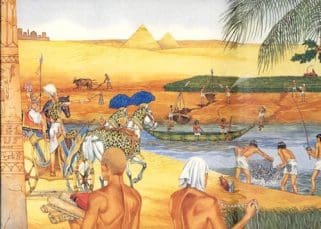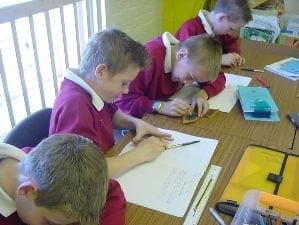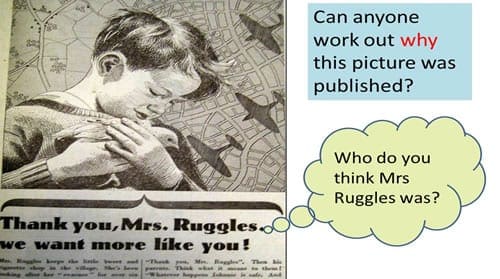
Everyone knows that chronology is one of the key historical concepts pupils need to learn, and yet in very few schools is it given serious attention. Unless the subject leader makes a determined attempt to plan for the progressive development of chronological understanding across the key stage, it is simply left to chance. What this means, in reality, is that pupils have a reasonable understanding of the sequence of events WITHIN topics, but a very poor grasp of how the topics LINK.
In many ways this is almost inevitable given the fact that year teams tend to teach particular topics and rarely assume responsibility for showing how they link to other topics being studied. There are some who believe that this is a problem caused by failing to teach in chronological sequence , but even if pupils were taught topics in strict chronological sequence, this is not foolproof. How do







